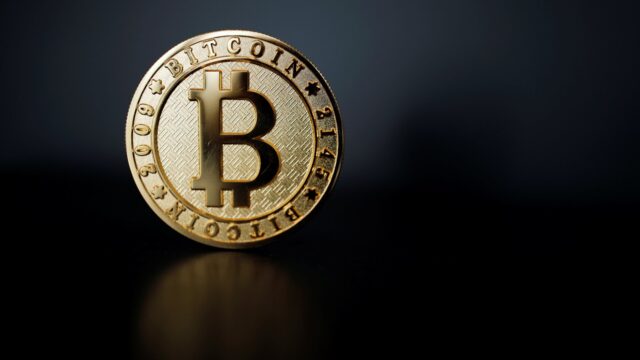There’s no doubt that there are several advantages to using Bitcoin as a primary payment method, with this cryptocurrency renowned for its transparency, anonymity and capacity for creating immutable transactions.
These factors all combine to create a secure and appealing payment option, and one that provides an added layer of safety when completing purchases online.
However, it’s increasingly possible for Bitcoin payments to be traced in the modern age, creating a scenario where one of the token’s key selling points is critically undermined. But is it still safe to buy and invest in Bitcoin?
How Bitcoin Payments can be Traced
As we’ve already touched on, Bitcoin has been fundamentally designed to protect the privacy and anonymity of users.
However, it nonetheless generates an abundance of public data throughout the typical user journey, enabling investigators (or potentially hackers) to connect recorded transactions in the blockchain to individual customers.
Even basic data such as IP addresses can be used to help trace and identify Bitcoin transactions, while the various electronic emails and signatures of buyers can also be used to extract information.
Such data, along with a far greater understanding of Bitcoin and its functionality, has empowered both law enforcement agencies and aspiring hackers across the board. To this end, the FBI were able to identify and capture Ross Ulbricht in 2015, with this 31-year old American considered to be the creator of the illegal ‘Silk Road’ marketplace that facilitated illicit crypto payments.
So, while it’s clear that criminals can no longer hide behind the perceived anonymity of Bitcoin, this also undermines one of the core advantages of the cryptocurrency and its appeal in the mass marketplace.
So, How Safe is Bitcoin?
Despite this, it’s hard to argue with the assertion that Bitcoin transactions remain far harder to trace than those that involve standard currency, while the enduringly transparent and decentralised nature of the token also negates the risk of theft and manipulation.
By safeguarding Bitcoin and minimising the number of illicit transactions completed using the token, authorities have also improved the reputation of the cryptocurrency and helped it to achieve higher levels of adoption in the mainstream.
Interestingly, this and other trends have combined to see Bitcoin emerge as a relative safe-haven for investors as coronavirus has taken hold across the globe.
More specifically, Bitcoin has begun to experience a strong correlation with the traditional safe-haven asset gold throughout 2020, with the crypto token benefitting from its finite supply and dissociation from the wider macroeconomic climate.
In this respect, Bitcoin is also one of the safest assets in the current financial marketplace, and one that continues to maintain a relatively stable valuation.


